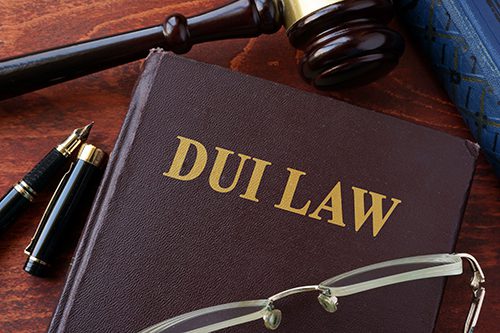The United States Supreme Court’s recent decision in Birchfield v. North Dakota deemed warrantless blood draws in driving under the influence arrests unconstitutional. This has far-reaching consequences in Pennsylvania, a so-called “implied consent” state, in which a motorist is deemed to have consented to a test of his blood or breath in the event of a suspected DUI.
Prior to the Supreme Court’s Birchfield decision, anyone stopped for a suspected DUI who refused a blood draw would potentially be subject to increased criminal penalties as if he or she had registered a blood alcohol level of .16% or higher, the highest tier for DUI sentencing purposes. Warnings given to motorists made this clear in advising of their “right” to refusal. In sentencing terms, refusals for a first offense called for a mandatory 72 hours incarceration and a mandatory minimum fine of $1,000. Both minimum and maximum penalties increased dramatically for second and subsequent offenses.
What does this mean for pending DUI charges?
What this means for those with pending DUI charges based on a refusal is somewhat dependent on the county in which he or she lives. As for those cases in which a motorist consented to a blood test after being advised of the penalty for refusal, the Supreme Court left the question of whether this consent was voluntary up to the states. It may be possible to challenge the results of such a test via a suppression motion, which are decided on a case-by-case basis.
Let us help you!
Result of the Birchfield Case
Birchfield does not address the enhanced civil penalties that accompany a refusal. In Pennsylvania, a refusal triggers an automatic 18-month license suspension. The Birchfield cases did not challenge these civil penalties, and the Court declined to disturb previous holdings that approved of them. Breath tests, too, were deemed constitutional, as the Court found that such tests do not have the same invasive quality as a blood draw.



